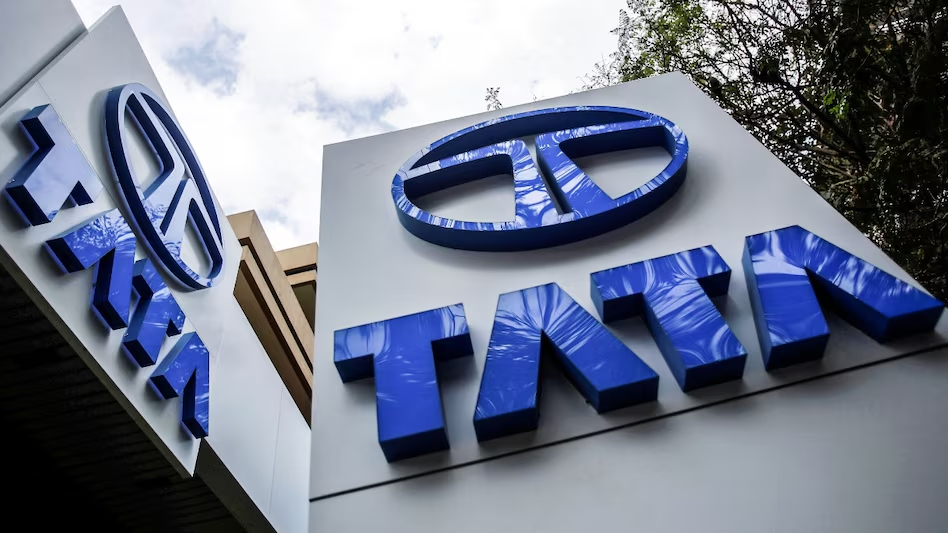India’s Tata Group has experienced a staggering decline in market capitalization in 2025, with a loss approaching $75 billion. This significant erosion has reduced the combined value of its 16 largest listed companies to nearly a two-year low. The conglomerate is grappling with multiple fronts of adversity, including new US visa restrictions and a damaging cyberattack on its luxury automotive division, Jaguar Land Rover (JLR).
Impact of US H-1B Visa Fee Hike on Tata Consultancy Services
The sharpest blow has come from the US government’s hike in H-1B visa fees to $100,000 annually, effective from late September 2025. The move has severely disrupted operations at Tata Consultancy Services (TCS), the group’s flagship IT entity that heavily relies on these visas for its US workforce. Following the announcement, TCS shares saw an over 8% drop within a week, marking the steepest fall since 2020. The visa restrictions threaten TCS’s ability to secure contracts requiring onshore personnel, likely hampering new project acquisitions in the near term.
Jaguar Land Rover Cyberattack Forces Production Halt
Further compounding Tata’s challenges is a cyberattack on Jaguar Land Rover, which began on August 31. The attack, linked to the hacker group Scattered Lapsus$ Hunters, resulted in a full shutdown of JLR’s UK manufacturing plants. This stoppage has led to production losses estimated at £50 million per week. Though a phased restart began in early October, concerns remain over extended disruptions. Credit rating agency Moody’s downgraded Tata Motors’ outlook to negative due to anticipated financial impacts from the prolonged operational halt.
Varied Performance Across Tata Group’s Portfolio
Despite overall market losses, some Tata firms have shown resilience. Tata Steel rallied nearly 25% in 2025, and Tata Investment Corporation surged 45% in recent months, buoyed by the anticipated Tata Capital IPO and a planned stock split. However, the majority of listed subsidiaries have declined, with companies like Tejas Networks seeing a 50% drop in value and others such as Trent and Nelco dropping almost one-third.
Broader Global and Domestic Challenges Affecting Tata
The $75 billion market capitalization decline reflects broader macroeconomic and geopolitical challenges, including tighter US immigration policies, trade tensions, and currency fluctuations. These pressures weigh heavily on Tata’s core industries such as IT, automotive, and retail. Despite a 15% revenue growth in fiscal 2025 fueled by gains in aviation and EV divisions—investor sentiment has turned cautious.
Future Outlook and Recovery Potential
Looking ahead, analysts remain cautiously optimistic about Tata’s long-term recovery. The easing of visa policies and progress on growth initiatives like the acquisition of Iveco Group and expansion into electric vehicles present bright spots. Additionally, upcoming IPOs and infrastructure investments could bolster the group’s valuation. Recovery is expected to be gradual as Tata navigates a complex landscape of operational and geopolitical risks.

